On June 6-7, 2023, in Kansas City, Missouri, the U.S. Department of Energy’s Bioenergy Technologies Office (BETO) hosted a workshop titled, Deploying Purpose-Grown Energy Crops for Sustainable Aviation Fuel. This workshop discussed successes, challenges, information gaps, and opportunities for deploying purpose-grown energy crops. The outcome of this workshop will help guide future research and development directions in feedstock innovation to reduce the cost, improve the quality, increase the quantity, and maximize the environmental benefits of renewable carbon resources and purpose-grown energy crops.
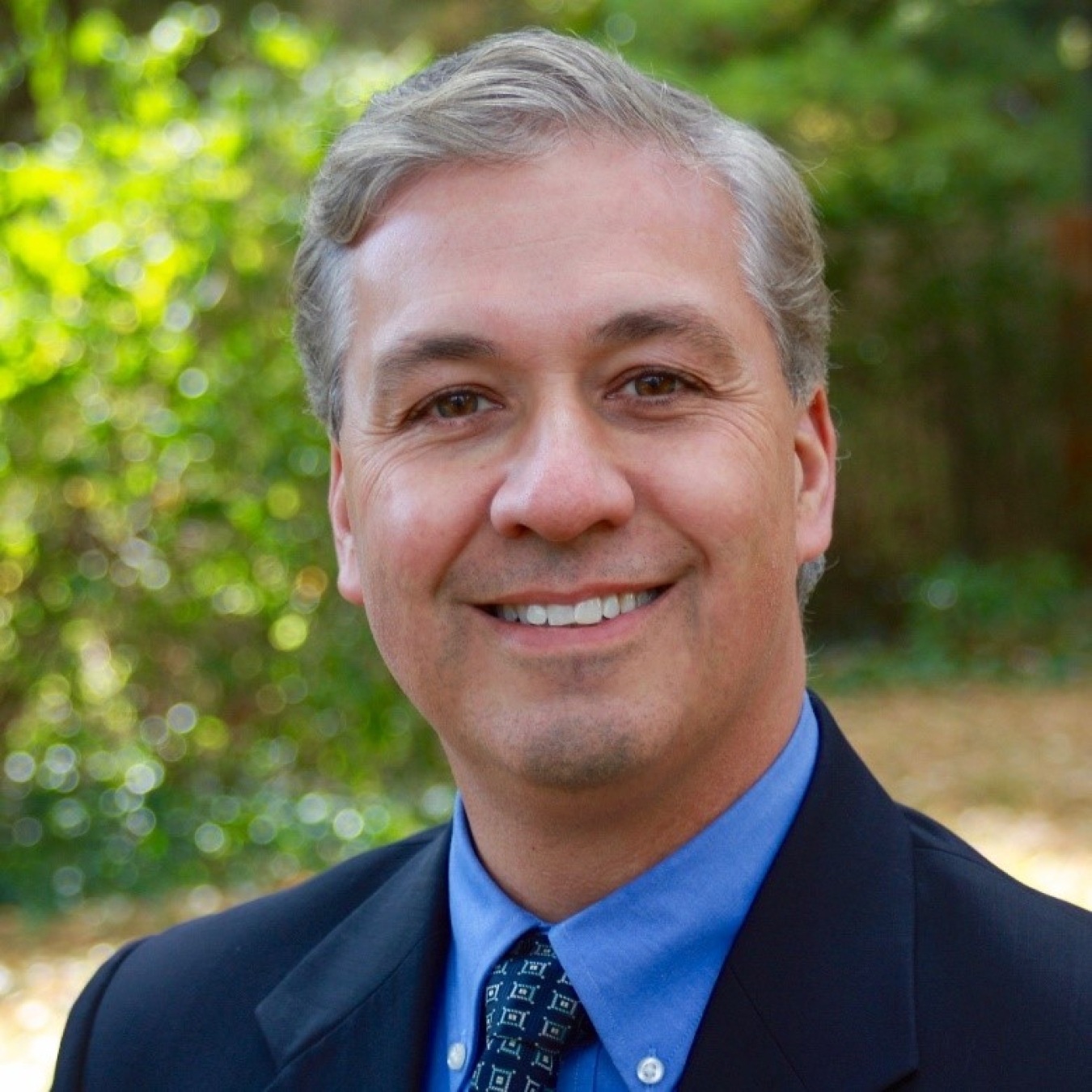
Michael Berube
As the Deputy Assistant Secretary for Sustainable Transportation and Fuels, Michael Berube oversees the Vehicle, Bioenergy, and Hydrogen and Fuel Cell Technologies offices within DOE’s Office of Energy Efficiency and Renewable Energy, as well as the Joint Office of Energy and Transportation. This portfolio focuses on research and development to increase access to domestic, clean transportation fuels and improve the energy efficiency, convenience, and affordability of transporting people and goods to support U.S. energy security, economic productivity, and competitiveness.
He brings more than 25 years of experience in the automotive industry to his EERE post, specifically in the areas of environmental compliance, energy and safety policy, product development, and marketing.
Michael has a Bachelor of Science degree in civil engineering from MIT. He later returned to MIT as both a graduate student and researcher where he received a master’s degree in the Technology and Policy Program and a master’s degree from the Sloan School of Management.
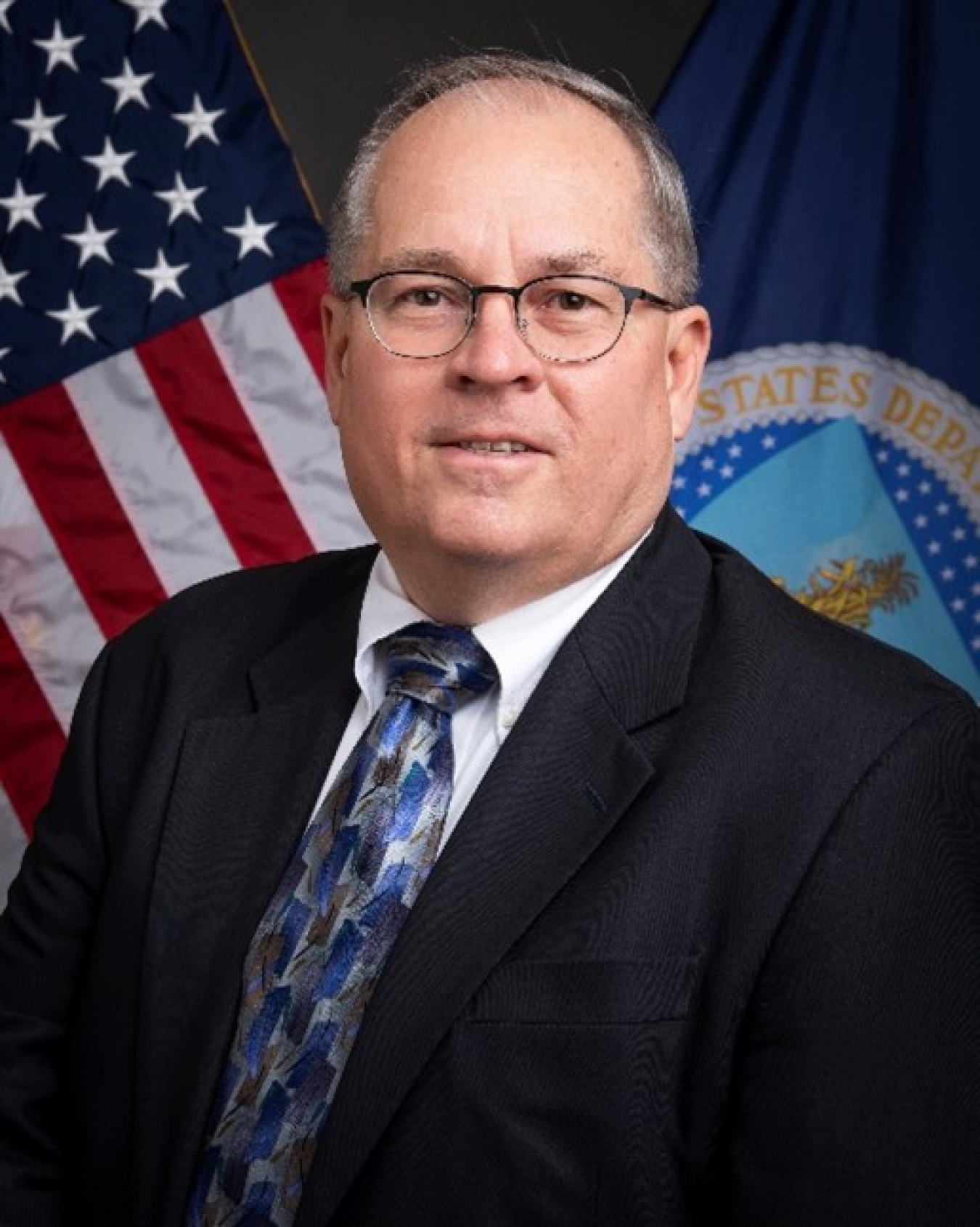
Kevin Kephart
Kevin Kephart is the deputy director of the Institute of Bioenergy, Climate, and Environment at USDA NIFA since September 2021. Prior to working for NIFA, Kevin led strategic collaborations and communications at Indigo Ag, Inc. from 2017 to 2019. From 2005 to 2016 he was VP for research and economic development at South Dakota State University (SDSU) where he spearheaded SDSU’s intellectual property portfolio and developed partnerships with agricultural technology companies, conservation groups, and farmer organizations. Kevin has a science background in agronomy and earned a B.S. degree from Montana State University, an M.S. degree from the University of Wyoming, and a Ph.D. from Iowa State University.
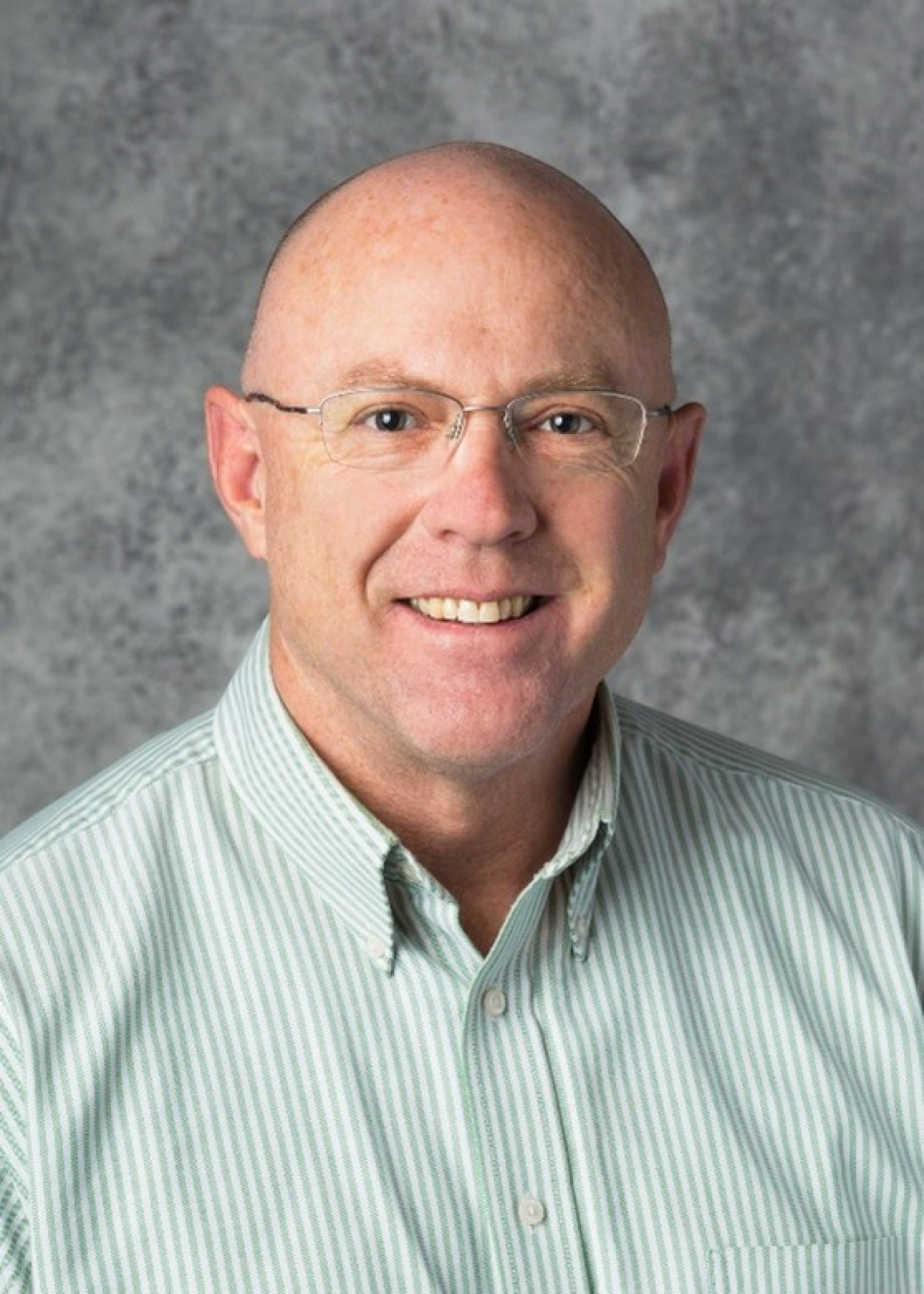
Vance Owens
Vance Owens is a National Program Leader in the Institute of Food Production and Sustainability, Division of Plant Systems – Production. Before joining NIFA, Vance was on the faculty at South Dakota State University from 1996 to 2020. He served in Extension, research, teaching, and administrative capacities at SDSU. His research and Extension activities focused on forage and biomass crop production and management. He also served as director of the North Central Regional Sun Grant Center.
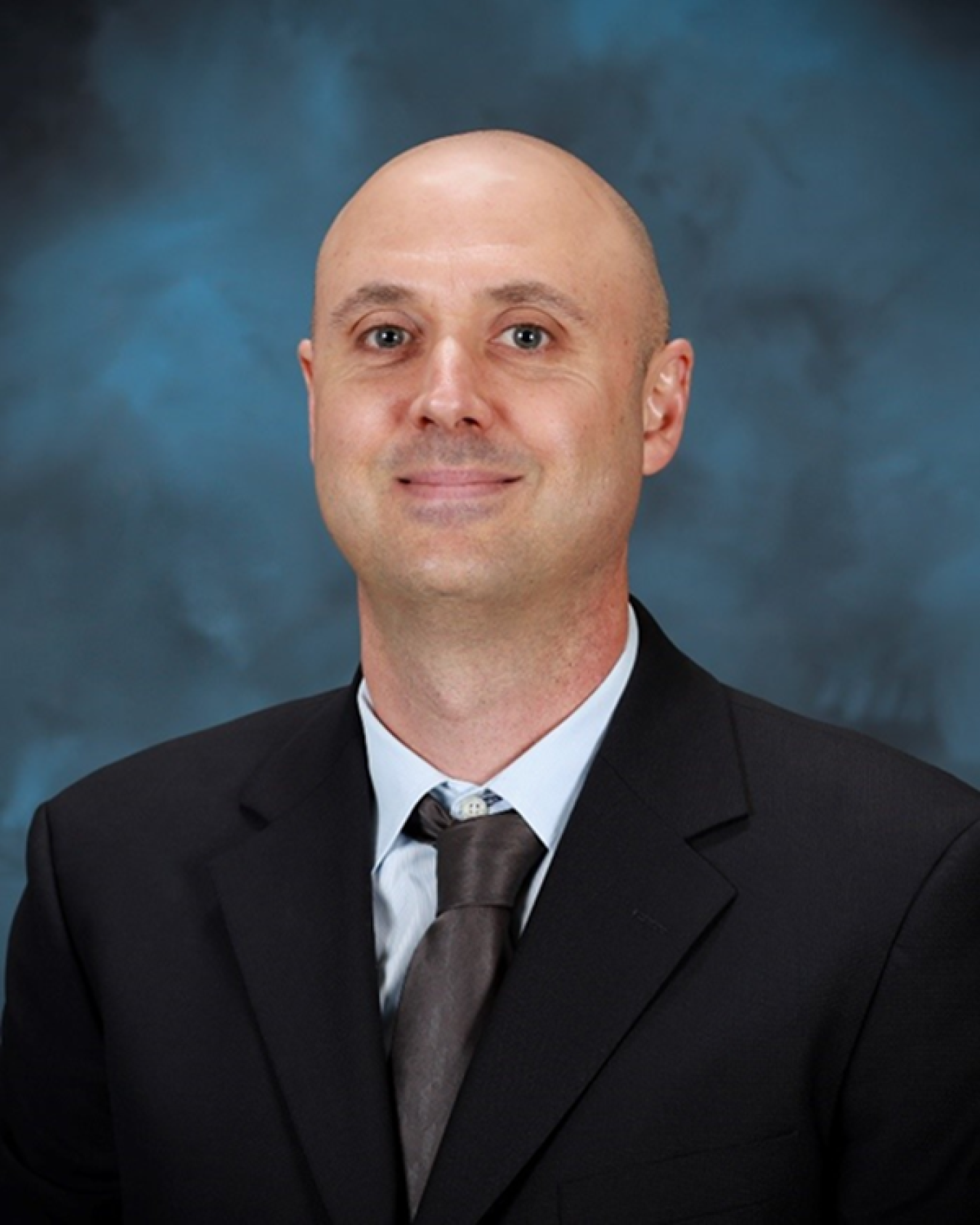
Dr. Matthew Langholtz
Matthew Langholtz is a Natural Resource Economist in the Bioenergy Group at Oak Ridge National Laboratory. He is PI of the Resource Analysis Project at Oak Ridge National Lab. His research interests include biomass resource economics, short-rotation woody crops, and bioenergy from forest resources. He has worked on valuation of non-market externalities, and developed biomass supply curves for commercial projects, the South, and the US. Matt received his PhD in Forest Economics from the University of Florida in 2005. His experience includes agroforestry extension in Latin America with the US Peace Corps, resource assessment for the Wood to Energy Outreach Program funded by the DOE and the USDA, and feedstock supply development with BioResource Management Inc.
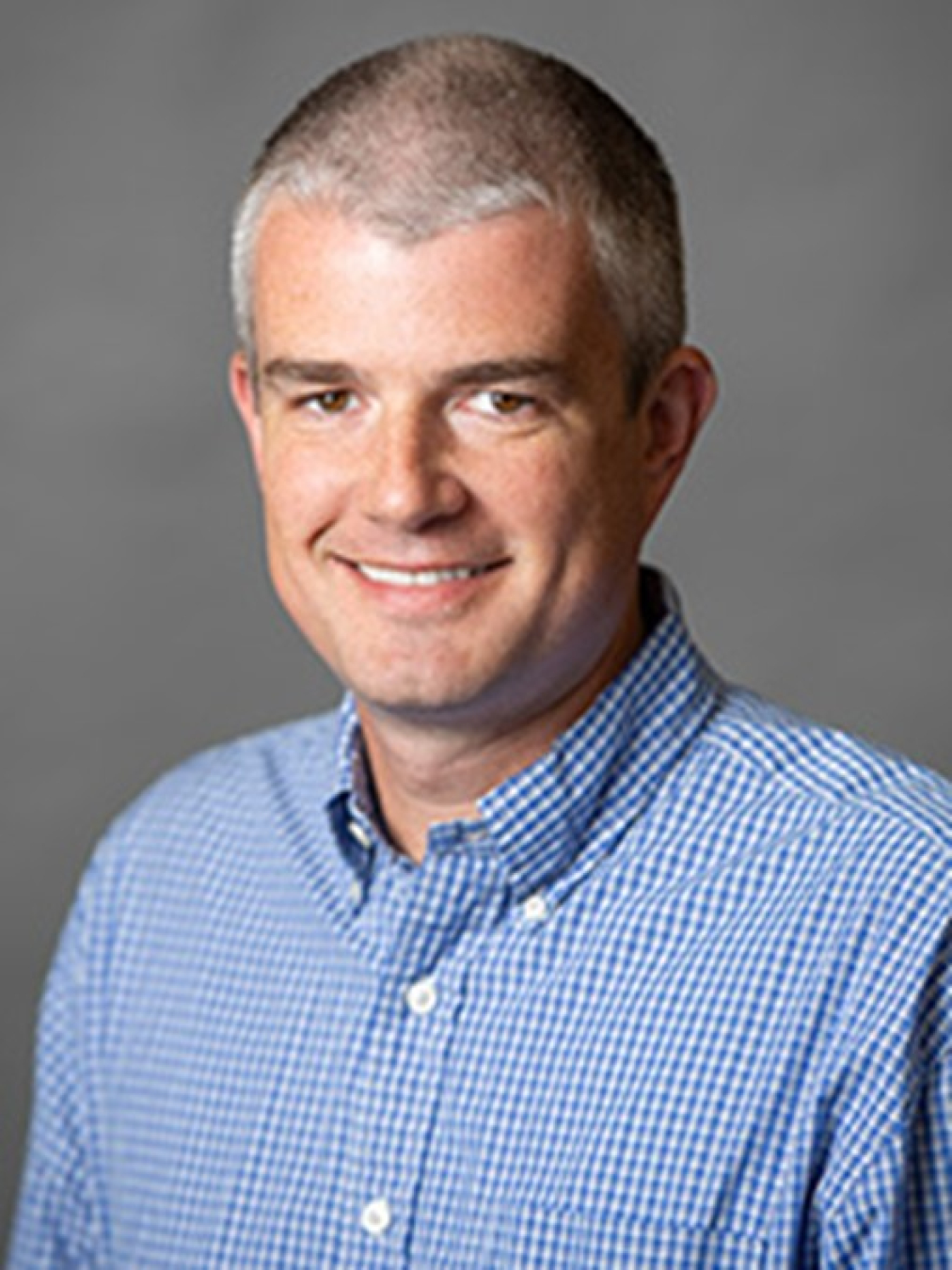
Dr. Sam Jackson
Dr. Sam Jackson is Vice President of Feedstock and Supply Chain at Genera, a Tennessee-based ag fiber manufacturer that works to simplify supply chains with domestically sourced and produced ag-based pulp and molded fiber products. Genera focuses on the use of miscanthus and switchgrass as feedstocks for sustainable fiber product manufacturing. Sam leads the company’s feedstock production, supply chain, and sustainability groups. He has a background in developing economical and sustainable biomass feedstock supply chains for bioenergy and bioproducts, particularly working with perennial grasses and woody biomass.
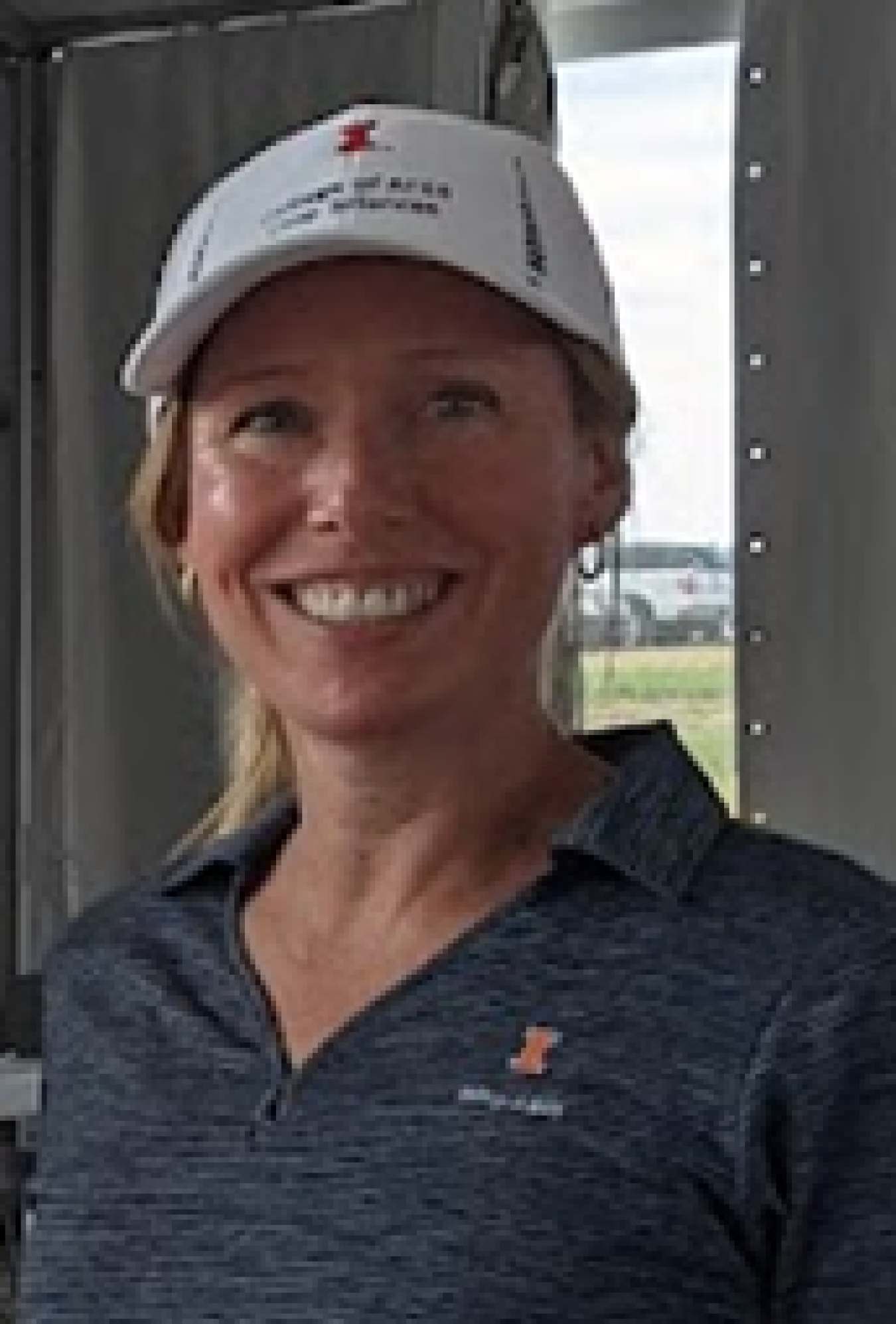
Dr. Emily Heaton
Dr. Emily Heaton is a Professor of Regenerative Agriculture in the Crop Sciences department at the University of Illinois. Her research investigates the growth and productivity of perennial C4 grasses to guide their management for biomass, ecosystem services, and profit. As Feedstock Production Theme Leader for the Center of Advanced Bioenergy and Bioproducts Innovation (CABBI) she advances CABBI’s generation of fundamental plant science for production of climate-smart, resilient grass crops that produce oils in their stems to replace fossil oils. As director of the Illinois Regenerative Agriculture Initiative, she connects researchers and stakeholders to advance knowledge and practices that foster health and wealth, particularly in disinvested Midwest communities. Her family owns and operates Caveny Farm near Monticello, IL, where they graze cattle, sheep, and heritage poultry for local sale; the farm serves as inspiration and proving ground for their ideas and collaborations.
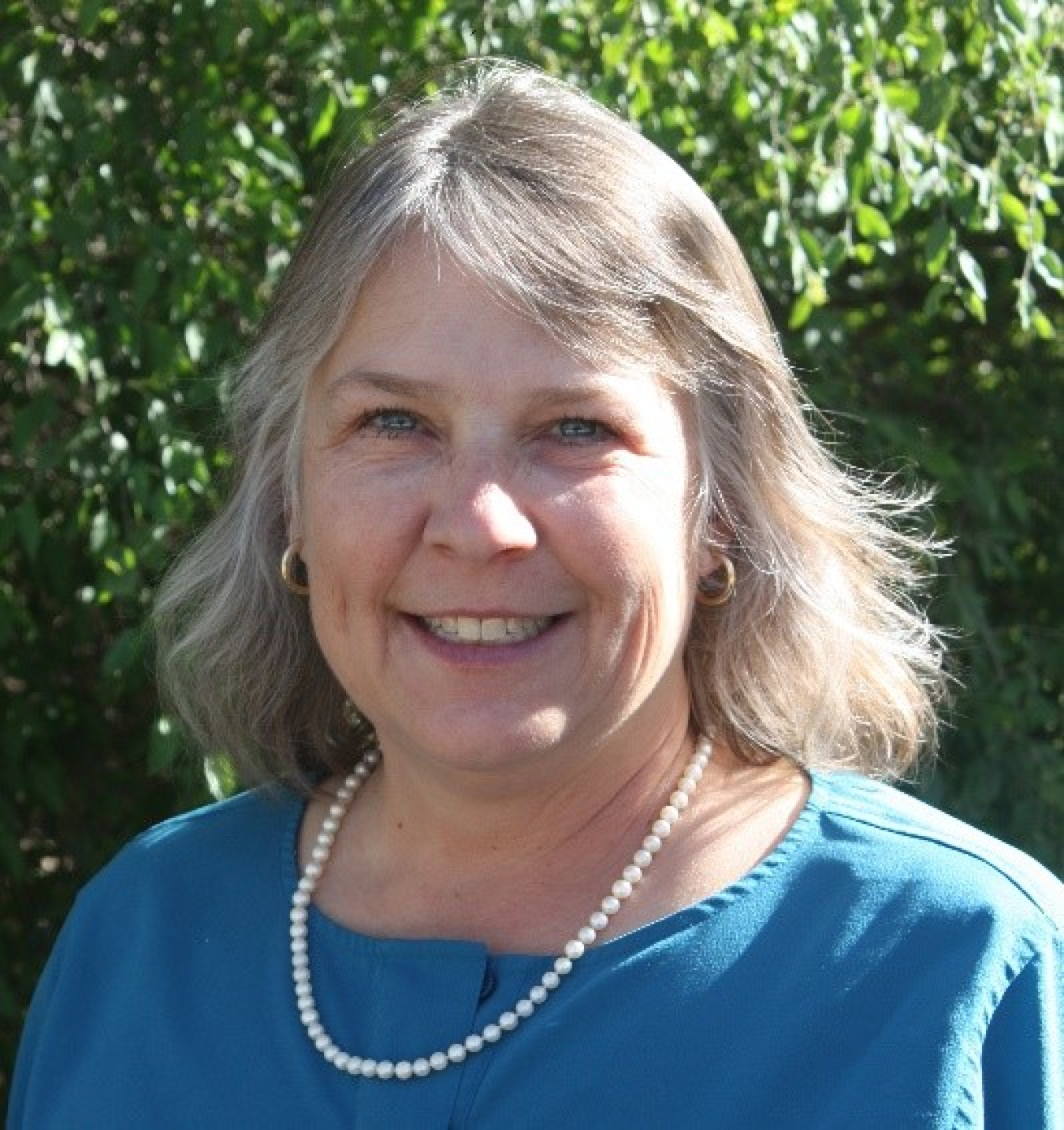
Dr. Kimberly Ogden
Dr. Kimberly Ogden is a Professor of Chemical and Environmental Engineering at the University of Arizona and the Department Chair. She received her BS degree in Chemical Engineering from the University of Pennsylvania and her PhD from the University of Colorado. She is a fellow of the American Institute of Chemical Engineers (AIChE) and the 2019 President. Kim’s research focus includes bioreactor design for production of alternative fuels and chemicals from algae and guayule as well as energy/water nexus research. Currently, Kim is a Co-PI for an algal carbon capture project funded by NETL DOE; the PI for USDA-NIFA Coordinated Agricultural Project titled Sustainable Bioeconomy for Arid Regions (sbar.arizona.edu) which investigates the entire value chain to grow and produce products from guayule; and the PI of a USDA-NRCS climate smart commodities grant that also focuses on implementing best practices, and understanding carbon balances for guayule growth and product synthesis.
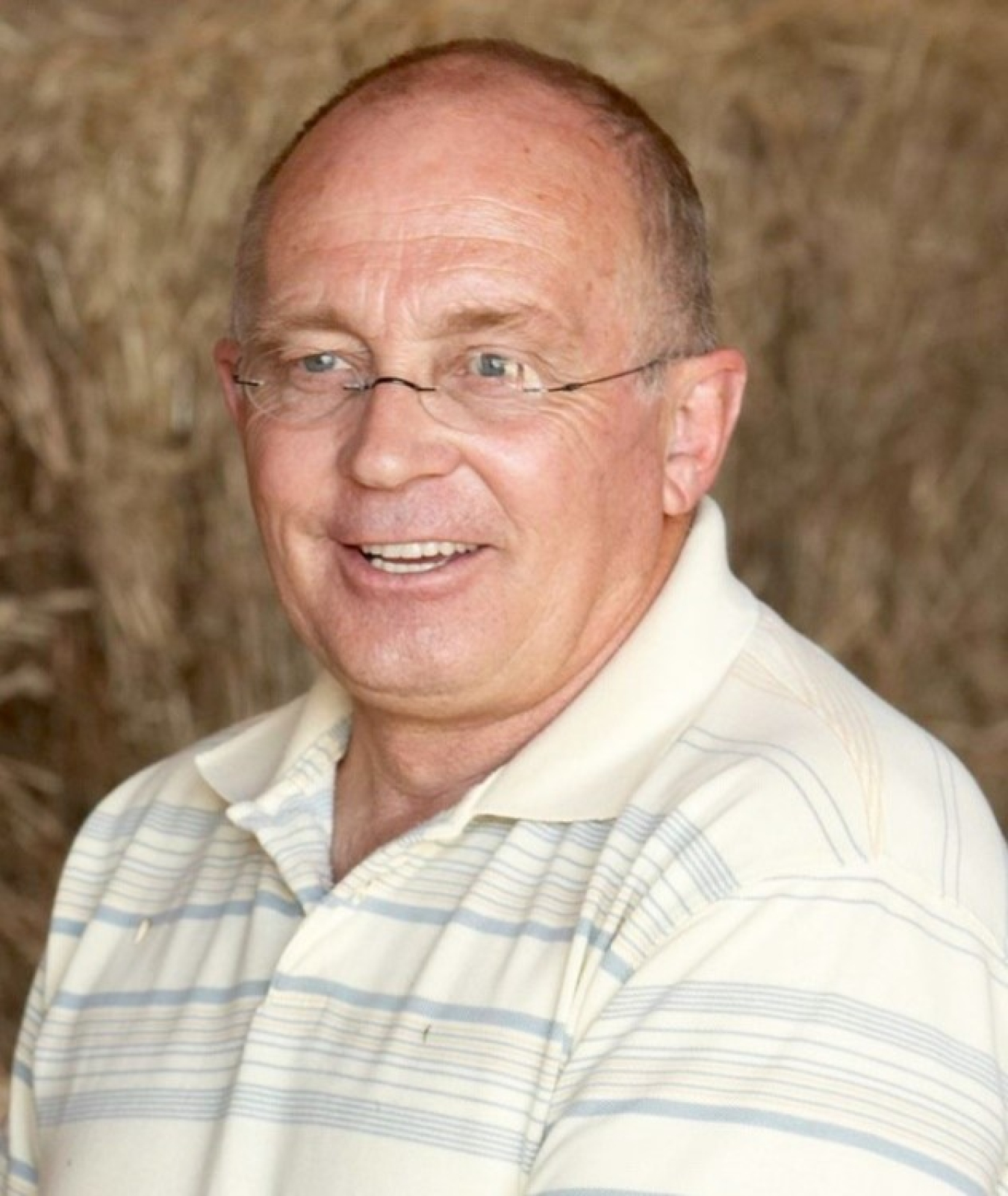
Bill Belden
Bill Belden is Sr Agricultural Specialist for the Antares Group now Stark Technologies. Mr. Belden is a biomass production practitioner with experience in using research testing protocols and can relate those protocols to real world applications for biomass processing systems. He is experienced in using NIR Technology for moisture testing, ash sampling and evaluating the xylan and glucan content of biomass.
He served on the Council for Sustainable Biomass Production representing farmer interests and is working to operationalize that standard under the name of Biomass Access Standard or BMAS.
During Bill’s 15-year tenure at Antares/Stark he has managed biomass field operations, assisting research teams as they develop data driven sustainability metrics and decision tools as well as the testing of new robust harvesting and logistics equipment.
He also has farmed in two locations in Iowa for nearly 60 years; one a small sheep operation where he resides near Moravia, IA. They are currently planning conversion of the production to switchgrass to go into biobased products. The other is a family-owned corn/soybean operation with his sisters near Dexter, IA. They have 3 wind turbines on the farm and sell all their corn production to POET Biorefineries.
He is currently developing a switchgrass biomass pilot program in Iowa which will allow farmers to grow, process and merchandise switchgrass-based products into the marketplace.
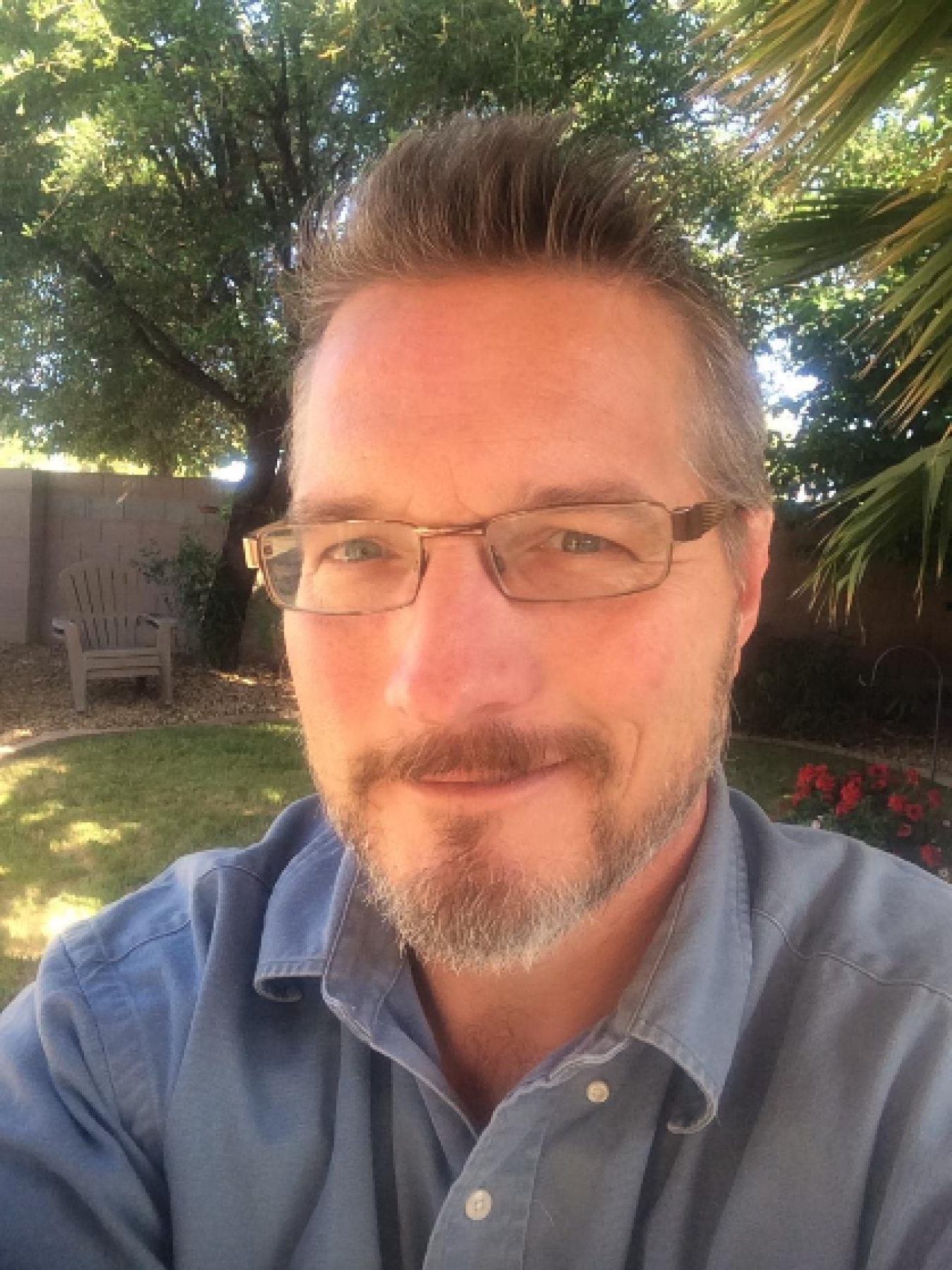
Dr. John McGowan
Dr. John McGowen is currently serving as Director of Operations and Program Management for the Arizona Center for Algae Technology and Innovation (AzCATI) at Arizona State University and responsible for the overall integration of the academic and industrial collaboration, project communications, personnel management, budget management, and day to day project lifecycle for AzCATI. Research focus is on the identification and implementation of best practices in algae growth and processing, standardization of methodologies and conducting long term cultivation trials that were established through the Algae Testbed Public Private Partnership (ATP3) with funding from the Department of Energy’s Bioenergy Technology Office (BETO) and continued under the consortium “Development of Integrated Screening, Cultivar Optimization, and Verification Research” (DISCOVR). Dr. McGowen is principal or co-investigator on multiple federal and industry sponsored research and development projects with a continued focus on improving algal biomass productivity and quality in outdoor cultivation, new sensor and production system development, and implementation of crop protection best practices, and support for new biotechnology applications for algae. Dr. McGowen has a PhD in polymer science and worked for Motorola, Amersham Biosciences and GE Healthcare prior to joining ASU in 2005. He has been Director of Operations for AzCATI since its founding in 2010 and been working in algae biotechnology since 2008.
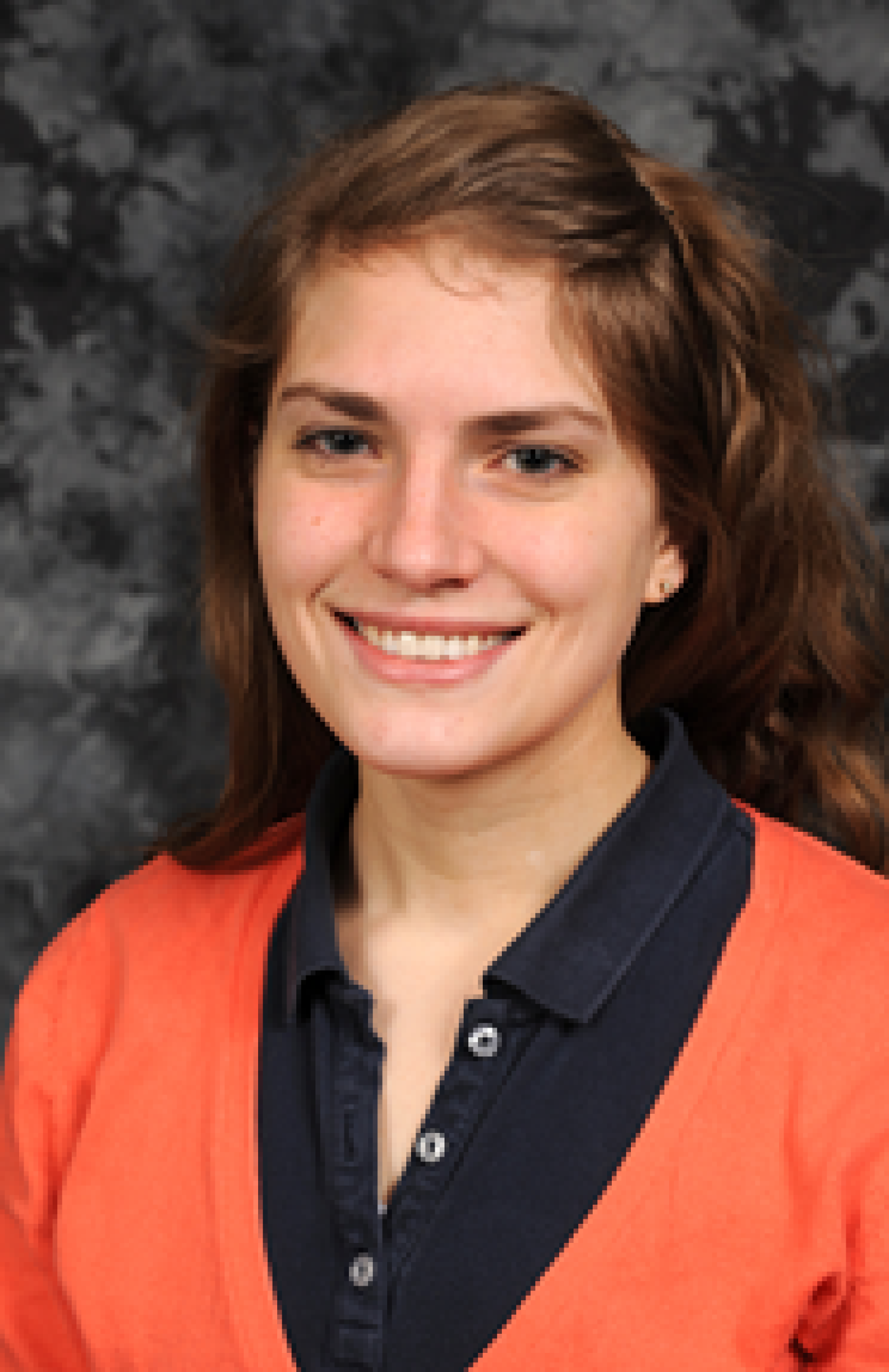
Rachel Emerson
Rachel Emerson is a senior research scientist for Idaho National Laboratory’s Bioenergy Feedstock Technologies Department. Her work supports the Department of Energy’s Bioenergy Technologies Office though research to understand and mitigate variability in bioenergy feedstocks by developing preprocessing strategies for lignocellulosic and waste feedstocks intended for both thermochemical and biochemical conversion processes. Her recent research has included assessing and developing methods for measuring and predicting chemical and physical properties of bioenergy feedstocks impacting preprocessing and conversion operations through regression and other multivariate analysis techniques. Emerson has also supported the Feedstock Conversion Interface Consortium through implementation of standardized risk assessment methodologies for biorefineries and data management and dissemination efforts. Emerson also manages INL’s Bioenergy Feedstock Library, a publicly available database for samples, data, and knowledge on bioenergy feedstock resources.

